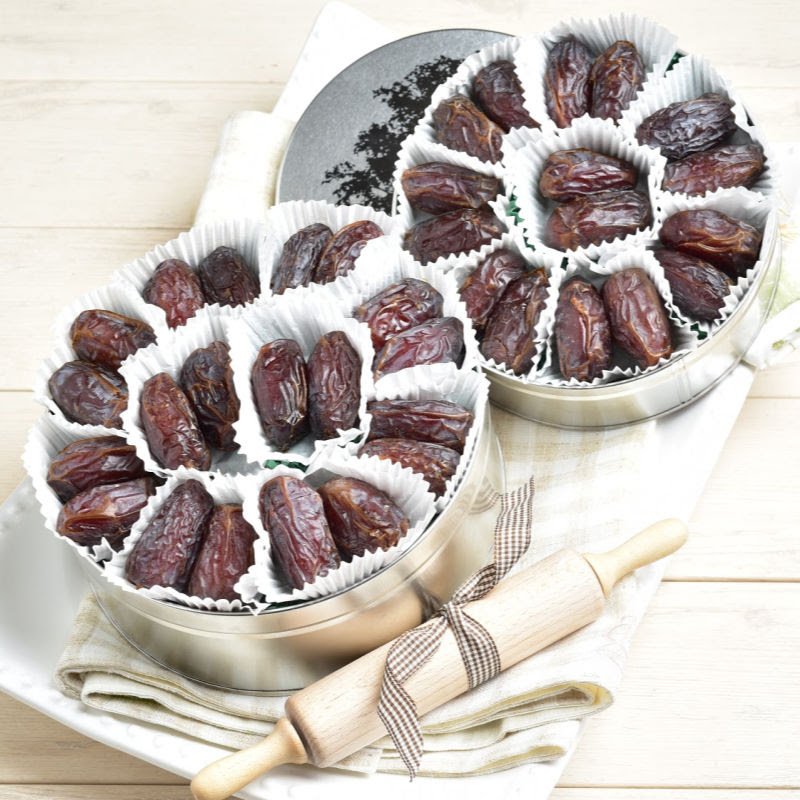
Unlocking the Secrets of Kurma Majol: Understanding Quality and Flavor
Introduction: The Allure of Kurma Majol
Kurma Majol, known for its rich flavor and luscious texture, holds a special place in the world of dates. In this blog post, we’ll delve into the factors that influence the quality and flavor of these dates, unraveling the mysteries behind its exceptional taste and aroma.
The Growing Conditions
Climate
The climate in which date palms are grown plays a crucial role in determining the quality of Majol dates. These dates thrive in warm, arid climates with plenty of sunshine and minimal rainfall. Regions with hot, dry summers and mild winters, such as parts of the Middle East and North Africa, provide the ideal conditions for cultivating these dates.
Soil Quality
The type and quality of soil also influence their flavor and texture. Well-drained, sandy soils with good fertility and pH levels are ideal for date palm cultivation. The mineral composition of the soil can impart unique characteristics to the dates, enhancing their flavor and nutritional profile.
The Harvesting Process
Ripeness
Harvesting Majol dates at the optimal stage of ripeness is essential for preserving its flavor and texture. Dates that are harvested too early may lack sweetness and have a firm texture, while overripe dates can become mushy and overly sweet. Experienced farmers carefully monitor the ripening process to ensure that each date is harvested at its peak flavor.
Handling and Storage
Proper handling and storage techniques are critical for maintaining the quality of these dates after harvest. Dates should be handled with care to prevent bruising and damage to the fruit. Additionally, storing dates in a cool, dry environment helps preserve their freshness and flavor over time.
The Cultivation Practices
Organic vs. Conventional
The cultivation practices used by farmers can impact the quality and flavor of Majol dates. Organic farming methods, which eschew synthetic pesticides and fertilizers, may result in dates with a purer, more natural taste. Conventional farming practices, while often more efficient, may involve the use of chemical inputs that can affect the flavor and nutritional value of the fruit.
Pollination
The method of pollination can also influence the characteristics of these dates. Dates are typically pollinated by wind or insects, with some farmers employing manual pollination techniques to ensure a higher yield and consistent quality. The type of pollination method used can affect the size, shape, and sweetness of the dates.
Conclusion
In conclusion, the quality and flavor of Kurma Majol are influenced by a variety of factors, including growing conditions, harvesting practices, and cultivation methods. By understanding these factors, consumers can better appreciate the nuances of this beloved variety of dates and enjoy its exceptional taste and texture to the fullest.
Key Highlights:
– The climate and soil conditions in which date palms are grown impact the flavor and quality of Kurma Majol.
– Harvesting dates at the optimal stage of ripeness and employing proper handling and storage techniques are essential for preserving their flavor.
– Organic farming practices and pollination methods can also affect the taste and characteristics of Majol dates.